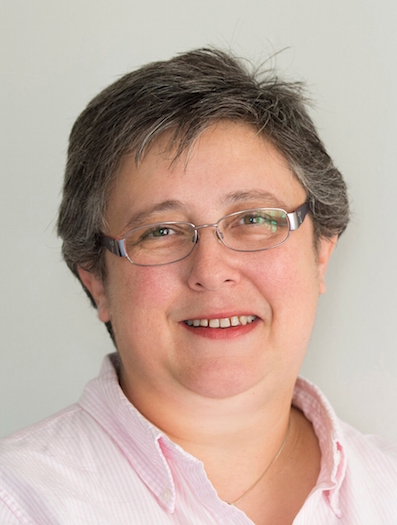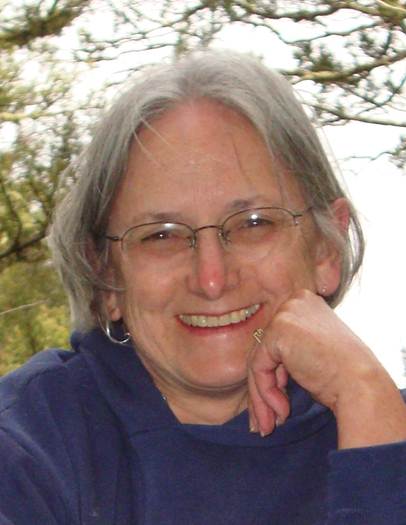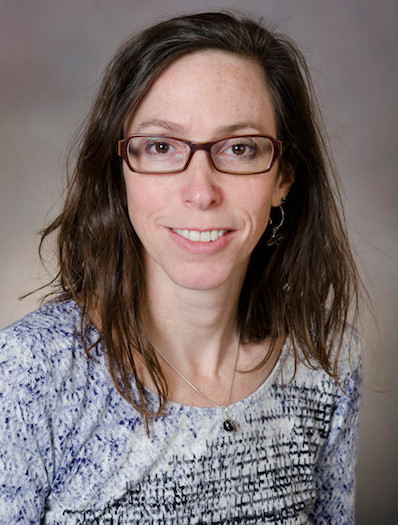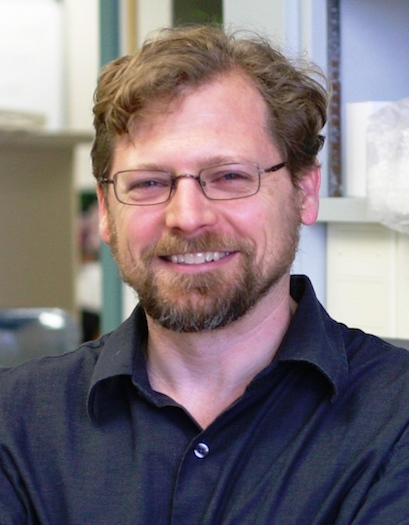Biocuration 2016
The Ninth International Biocuration Conference will be held in the hometown of the Swiss-Prot Database, Geneva, Switzerland, from April 10-14, 2016.
Keynote speakers

Dr Theodora Bloom
Biology Editorial Director and Chief Editor, PLoS Biology UKThe BMJ, London, UK
Theodora Bloom has been executive editor of The BMJ since June 2014. She has a PhD in developmental cell biology from the University of Cambridge and worked as a postdoctoral fellow at Harvard Medical School, researching cell-cycle regulation.
She moved into publishing as an editor on the biology team at Nature, and in 1992 joined the fledgling journal Current Biology. After a number of years helping to develop Current Biology and its siblings Structure and Chemistry & Biology, Theo joined the beginnings of the open access movement.
As the founding editor of Genome Biology she was closely involved
in the birth of the commercial open access publisher BioMed
Central, where she remained for several years, ultimately as
editorial director for biology.
After a spell as a freelance publishing consultant working with a
variety of clients, she joined the non-profit open access
publisher Public Library of Science (PLOS) in 2008, first as chief
editor of PLOS Biology and later as biology editorial director
with additional responsibility for PLOS Computational Biology and
PLOS Genetics.
She also took the lead for PLOS on issues around data access and availability. She serves on the boards of NAM Publications, Dryad digital repository, and of EMBL-EBI Literature Services.
In 2015 she will be serving on the Genome Canada Data Sharing Policies Advisory Committee.
At The BMJ her responsibilities include ethical and policy matters, and dealing with complaints.

Dr Donna Maglott
Staff ScientistNational Center for Biotechnology Information, National Library of Medicine, Bethesda, Maryland, USA.
Donna Maglott (Ph.D., 1970, University of Michigan) has worked in the area of biocuration for more than 40 years.
Her first experience in applying terminology was as a contract indexer for the National Library of Medicine, defining the Medical Subject Headings (MeSH) terms to describe journal articles, a role she continued for almost 25 years.
She also had a senior position in the bioinformatics team at the American Type Culture Collection (ATCC, 1986-1998), generating databases to create and maintain an on-line catalog with connections to external databases such as PubMed and the EST database at the National Institute of Biotechnology Information (NCBI).
She started at NCBI in 1998, where she developed multiple
databases including those supporting reference sequences (RefSeq),
Gene, STS markers, Conserved CoDing Sequences (CCDS), Map Viewer,
RefSeqGene, the NIH Genetic Testing Registry (GTR), MedGen, and
ClinVar.
This work has involved extensive interactions with multiple groups
establishing standards, including OMIM, gene nomenclature
committees, model organism databases, Gene Ontology,
GeneReviewsTM, UniProtKB, Human Phenotype Ontology (HPO) and the
Human Genome Variation Society (HGVS).
A major component of all these projects has involved harmonizing
data from multiple sources into standard representations and
mapping among terminologies from different authorities when there
is no standard.
In recent years, she has concentrated her efforts on
representation of rare variation and its relationships to human
health, namely projects supporting Medical Genetics at NCBI:
RefSeqGene/LRG,
MedGen
and
ClinVar.

Prof. Melissa Haendel
Department of Biomedical Informatics and Clinical Epidemiology, Oregon Health and Science University, Portland, USA.
Dr. Haendel is an Associate Professor in the Library and the Department of Medical Informatics & Clinical Epidemiology at the Oregon Health and Science University (OHSU), where she leads the Ontology Development Group. She is the principal investigator of the Monarch Initiative, a semantic platform for cross-species disease discovery. Melissa also works on a variety of ontologies and data standards related to biomedical resource discovery, such as in the eagle-i discovery system and the Resource Identification Initiative, and on anatomy, cell, and phenotype ontologies such as Uberon, the Cell Ontology, CARO, and the Human Phenotype Ontology, as well as ontologies for research profiling and attribution.
She holds a Ph.D. in Neuroscience from the University of Wisconsin and completed postdoctoral training at the University of Oregon and Oregon State University in developmental biology and toxicological sciences. She later worked at the Zebrafish Model Organism database (ZFIN) as a biocurator and ontologist, developing anatomy and phenotype ontologies, genome nomenclature, and biocuration strategies and tools.

Prof. Edward Marcotte
Center for Systems and Synthetic Biology, University of Texas at Austin, USA.
Edward Marcotte holds the Mr. and Mrs. Corbin J. Robertson, Sr. Regents Chair in Molecular Biology at the University of Texas, where he co-directs the UT Center for Systems and Synthetic Biology. His research falls in the general areas of proteomics, bioinformatics, and systems and synthetic biology, with current work focused on the comparative evolution, interactions, and dynamics of proteins. Recent contributions include the large-scale mapping of animal multi-protein complexes from thousands of mass spectrometry experiments, the systematic humanization of yeast cells, developing the phenolog method for computationally identifying disease genes from model organism phenotypes, discovering that a common antifungal drug also blocks new blood vessel growth, and defining individual patients’ repertoires of serum antibodies via high-throughput mass spectrometry.
Marcotte has authored >150 journal publications and 10 issued in process patents, is a recipient of a National Institutes of Health Director’s Pioneer Award, and is an elected Fellow of the Royal Society of Chemistry and the American Association for the Advancement of Science. He serves on the Scientific Advisory Boards of the UniProt and Reactome biocuration consortia, the ELIXIR distributed European bioinformatics infrastructure, and the European Molecular Biology Laboratory.